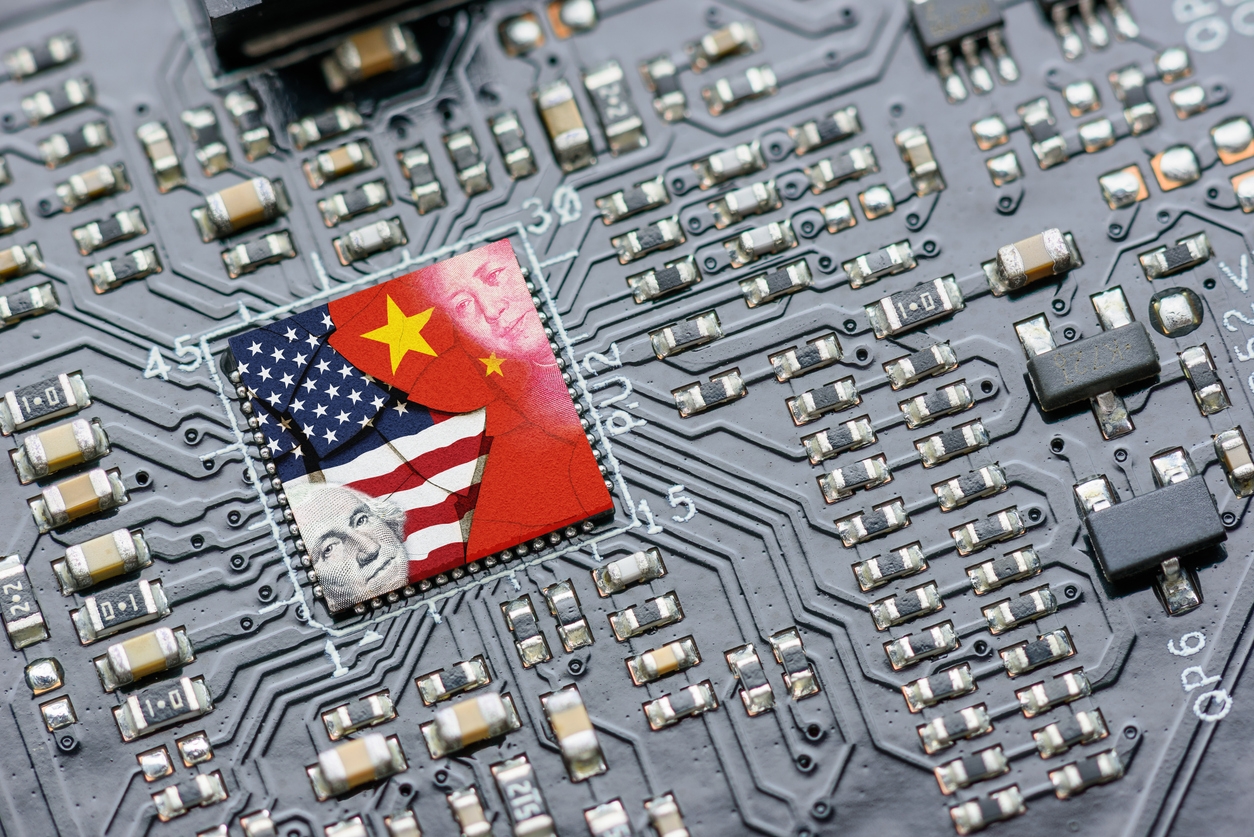Are Apple & Arista Antifragile?

I love it when Wall Street analysts get deep and philosophical. It's even more fun when they quote Nassim Nicholas Taleb, one of my favorite writers. UBS analyst Steven Milunovich did both of these things this morning when he explored which technology companies are the most "antifragile."
One of the reasons Milunovich was mulling over the antifragility of technology companies was this: "...antifragile doesn't require as accurate an understanding of the world and depends less on forecasting." Good point. If you pick an antifragile company, there is less risk -- and you can rely on them to figure it out, rather than you having to figure it out. What sort of companies? Some of the names he comes up with are Apple (AAPL) and Arista (ANET). And out of left field, he believes HP's (HP) 3D printing business may be worth tracking.
Some background: Taleb's book, Antifragile, talks about how to build organizations, things, and even businesses that are resistant to stress. An example of something that is fragile is a giant leveraged bank that doesn't have sufficient reserves to survive a crisis -- which happens every few years. An example of antifragility is the process of immunization, which gives people small doses of a disease to make them immune to it.
Applying antifragility is a nice exercise, though challenging. Technology markets can change swiftly, so finding antifragile technology is difficult. But it happens, usually when a company locks up a market and becomes very hard to displace. One historical example is Microsoft with its "Wintel" oligopoly in the PC market. Microsoft is still reaping those benefits decades later, even though the PC market is now flat-to-shrinking.
Milunovich says that a solid installed base provides the foundation for antifragility, which is why we should like Apple:
"A growing installed base fuels services and the high retention rate cushions downside while the potential for a hit product to be sold to tens if not hundreds of millions of customers is significant. Furthermore, successful platforms (iOS, services) enjoy network effects and gain strength over time. Arista has adjacencies it could move into that provide optionality. Similarly, HP Inc has a large opportunity in 3D printing that we think isn’t valued in the price."
All of this is true, but the difficulty comes in evaluating the stability of the installed base. Apple is subject to the latest competitive efforts of very capable smartphone competitors such as Samsung. Arista can be sideswiped by the next networking startup.
But it's true that certain companies become dominant and are rarely displaced. Microsoft, an example I've already given, is a good one. So is Google (GOOG), which completely dominates the markets for search and keyword advertising.
It seems to me that Google (though it's a software company, not one of the hardware companies covered by Milunovich) may be the most antifragile company of all. Google search and search-engine optimization appears to be deeply ingrained in the fabric of society.
As for hardware, Milunovich is on to something. It comes down not just to the installed base, but to the operating system. It seems to me that in the examples of Apple and Arista, both companies have delivered a high-value operating system (OS) that keeps customers coming back for more. They become comfortable with it, it makes their lives or jobs easier, and they are loathe to use anything else. A high-performance OS is key.
If this is true, there are really tough times ahead for many hardware companies. Because I look at the OS and I see very little distinction.















